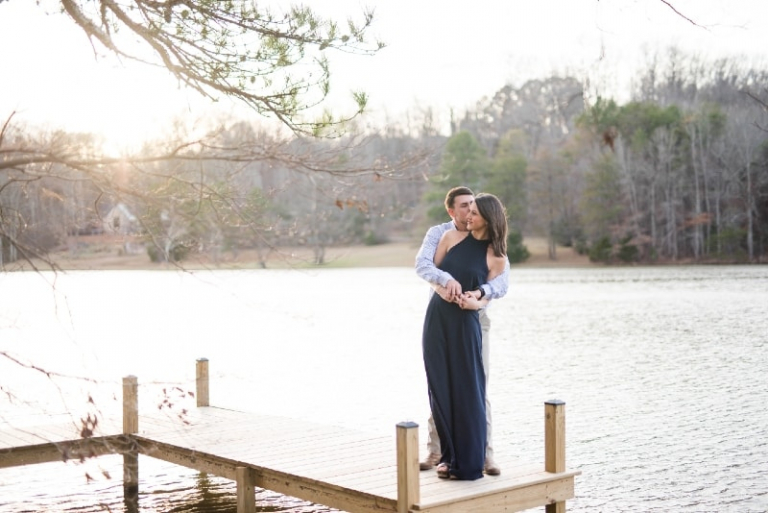How Expressing Your Hopes And Fears Will Make Your Bond Last
Hope and fear are two very powerful concepts in every relationship. Hope is derived from a desire to see something come to fruition.
It is often infused into our daily lives – whether it’s tied to a super-exciting about-to-happen something or it’s simply a component of our values system that drives us to complete goals we’ve set for ourselves.
Hope generally has a positive connotation, of course, and is commonly associated with happiness and fulfillment.
Hope is going to be an exciting part of any meaningful connection. It’s an unwritten promise that the future will be bright with the person you’re with and you two will do many amazing things together.
Then comes fear. We fear, fear. We try to avoid it at all costs.
And yet, it is also an integral part of the human experience. It is inherent and primal – part of the natural fight or flight response.
The body is fearful when something is about to happen that could harm us. It’s a self-defense mechanism within each of us, and thus, it’s healthy to feel it.
It’s healthy to have some fear in your relationship as well. Even though you may try to avoid it because it tends to rear its ugly head in not-so-pleasant ways, releasing as anxiety, irritability, anger, sadness, or depression, you must feel it to release it.
This means anger cannot be suppressed and expected to just go away. It’s unnatural and unhealthy to try to keep it contained.
You have to confront what triggered it and work through it with your partner.

Part of why it’s so important to confront anger rather than try to suppress it is that your fear response can sometimes be very disproportionate to whatever triggered it, whether you realize this when the response is happening or not.
And, generally, you won’t realize it when you’re in the middle of expressing fear. Adrenaline kicks in naturally and clouds one’s thinking.
The mind and body try to remedy the discomfort via very defensive means until you can actually get through it.
It’s healthy to express both your hopes and fears about the partnership with your significant other, and when something happens that makes you angry, to talk through it. In so doing, you may discover that whatever triggered it isn’t that big of a deal after all and you have nothing to fear.
Of course, you can also discover you’re very justified in your anger and this has to be worked through if you plan to salvage the relationship. Keeping fear and anger locked inside is a recipe for disaster.
Keeping hope inside is, too. If you don’t express your hopes with each other, you may get off track and realize you’re headed in two completely different directions.
If you’re hoping for a certain outcome, express this to your partner, so you can identify similarities and differences in your future plans and compromise wherever necessary to make things work.

It’s also essential to understand when both your hopes and fears about the union aren’t healthy. Hope can be instilled in victims of abuse, so a partner can maintain control without a person even realizing it.
Once this happens, a victim remains hopeful that the relationship will change and someday it will be everything they could ever have asked for.
This person becomes hopeful they’ll one day be able to be everything the abuser wants. If the victim just does x, the hope is for y to happen.
In other words, if hope is a result of a toxic union, and fear is a result of abuse, this is very important to acknowledge.
Understanding what drives your hopes and fears within your partnership will help you determine whether or not it’s a healthy match with a promising future. When open communication is part of the bond, this helps it to thrive.
However, when either of you feel as if you can’t express intimate emotions with each other, this is a recipe for disaster. Establishing a healthy level of communication right from the very beginning is a great way to start a lasting bond with someone you’re excited to spend time with.
There’s no better feeling than being able to express your hopes for the future with each other, and to have someone beside you to calm your fears.








